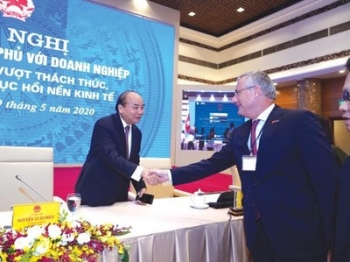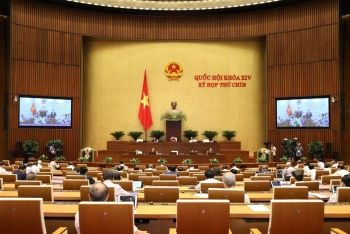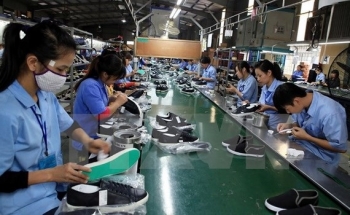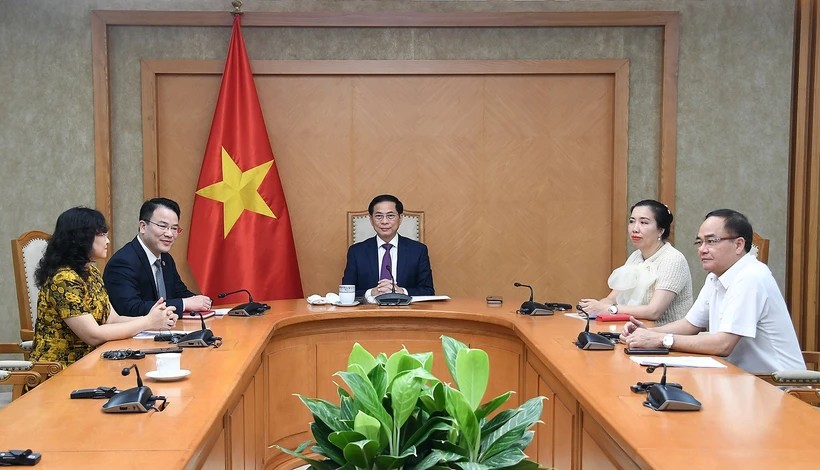HSBC: EVFTA to boost up Vietnam's GDP growth
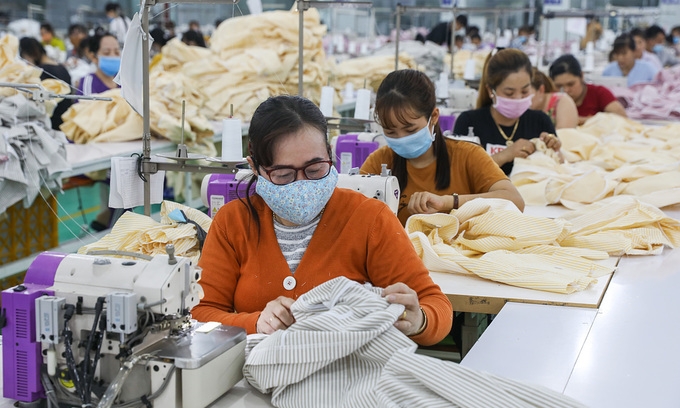 |
| Workers make garment products in a factory in Long An Province. (Photo: VnExpress) |
The National Assembly of Vietnam has just ratified the EU-Vietnam Free Trade Agreement (EVFTA), which has opened a new chapter in the deep partnership between Asia's fastest growing economy and the largest global trade bloc, according to Vietnam Biz.
The EU market, with a GDP of US $ 15,000 billion, is Vietnam's second largest export market. This position will be improved once EVFTA takes effect and start the process of eliminating 99% of tariffs on goods.
Two-thirds of tariffs on EU exports will be lifted shortly after the Agreement comes into effect, while about 71% of tariffs on Vietnamese goods exported to Europe will be lifted immediately according to the 7-10 year roadmap.
As a new generation agreement, EVFTA also includes provisions on intellectual property protection, investment freedom and sustainable development.
The benefits that EVFTA brings to Vietnam's economic growth are enormous. HSBC experts expect the Agreement to contribute an average of 0.1% to real GDP growth each year (ranging from 0-0.3%) only thanks to positive trade impacts.
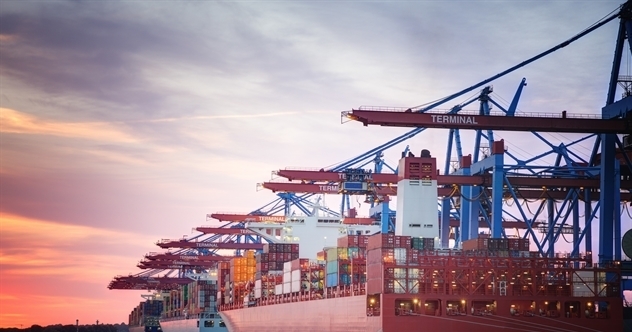 |
| The benefits that the EVFTA will bring to Vietnam’s future growth are substantial (Photo: Vietnam Biz) |
HSBC said textiles and footwear will be the biggest beneficiaries as taxes on this area are at their highest. In 2019, Vietnam exported more than US $ 9 billion of textiles and footwear to the EU with a weighted average tariff of 9%.
The new Free Trade Agreement will protect Vietnamese exporters on the one hand and create new opportunities at the same time, but Vietnam needs to reform and redesign the supply chain if Vietnam wants to take full advantage of the opportunities from the Agreement.
HSBC said that the ratification of the trade pact "affirms Vietnam’s position among the forefront of the world’s great trading nations."
Vietnam is the one ASEAN economy where the HSBC continues to forecast positive growth in 2020, making it an attractive destination for companies looking to tap local and regional consumption.
 |
| HSBC CEO Tim Evans (Photo: Financial Market Magazine) |
"The benefits that the EVFTA will bring to Vietnam’s future growth are substantial," HSBC CEO Tim Evans said.
However, the government and businesses will need to work together to expand the domestic textile and garment industry to include the production of input materials instead of importing them, HSBC said.
The government needs to assist the adoption of global standards by Vietnam’s supporting industry, guiding businesses on the new regulatory framework and the commitments under the EVFTA, in terms of environment, copyright and country of origin.
The EVFTA is the E.U.’s second deal with an ASEAN country, after Singapore, and one of few the bloc has signed with developing countries.
The E.U. was Vietnam’s second largest export market last year after the U.S. with a value of $41.48 billion, down one percent year-on-year, VnExpress reported.
Vietnam is an attractive position for companies seeking to enter the domestic and regional consumer market. And now, the new Agreement will give them the privilege of reaching 450 million consumers in the European Union.
Vietnam has been preparing for decades for the right time to take the right position among the leading countries in production, trade and consumption. If Vietnam is determined and united, and make changes that maximize the benefits of this new trade agreement, Vietnam has the opportunity to realize that dream.
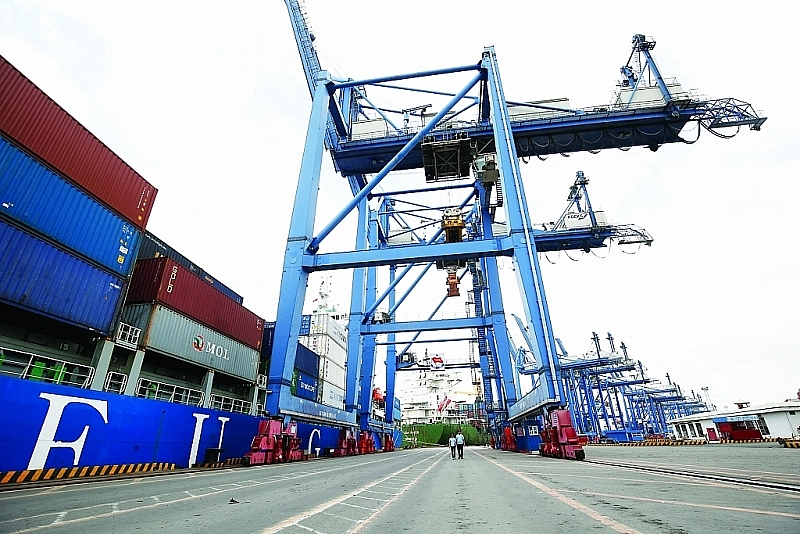 | Vietnam challenges itself to new goals for economic growth in 2020 When negative impacts of the Covid-19 pandemic on the economy have become clearer, and the economic losses have been basically measured, the Government proposed the ... |
 | IMF: Vietnam GDP to grow at 7% next year Vietnam’s economic growth is projected to slow down to 2.7% this year due to the novel coronavirus pandemic this year, but may pick up to ... |
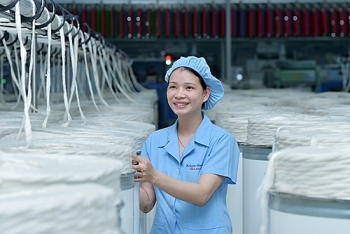 | Vietnam aims at GDP growth of over 5% in 2020 Vietnam’s GDP growth in 2020 must reach 5 per cent, higher than the 2.7 per cent the International Monetary Fund (IMF) has forecast, Prime Minister Nguyen Xuan Phuc has ... |
Recommended
 Economy
Economy

